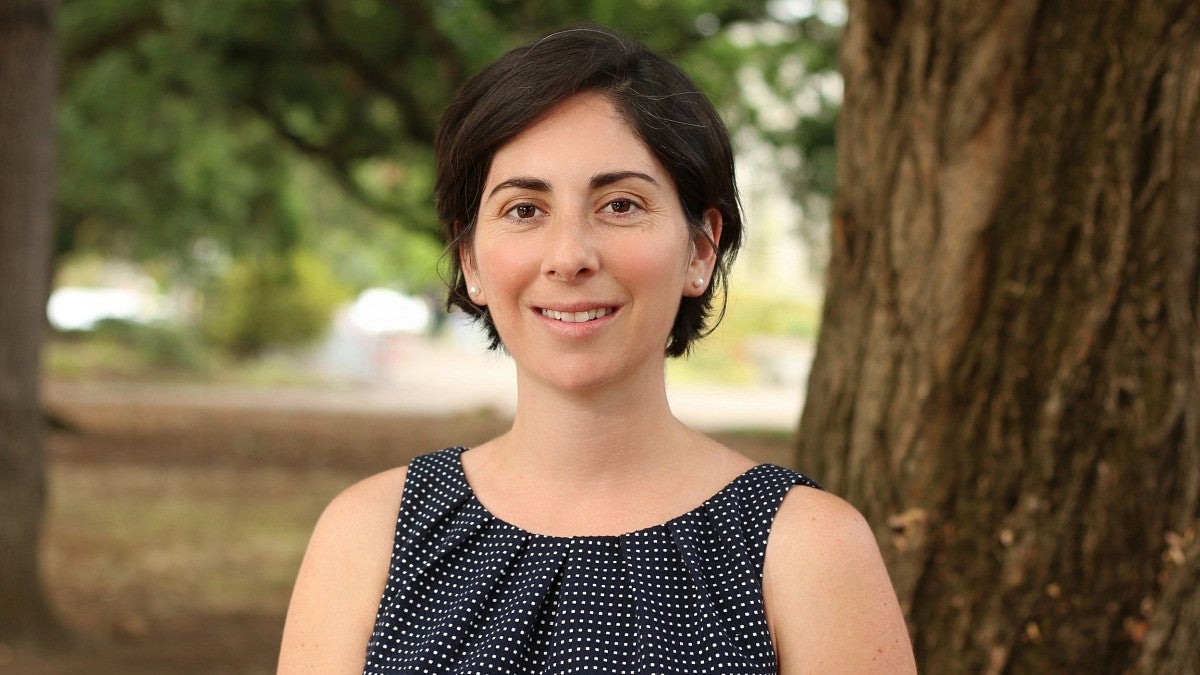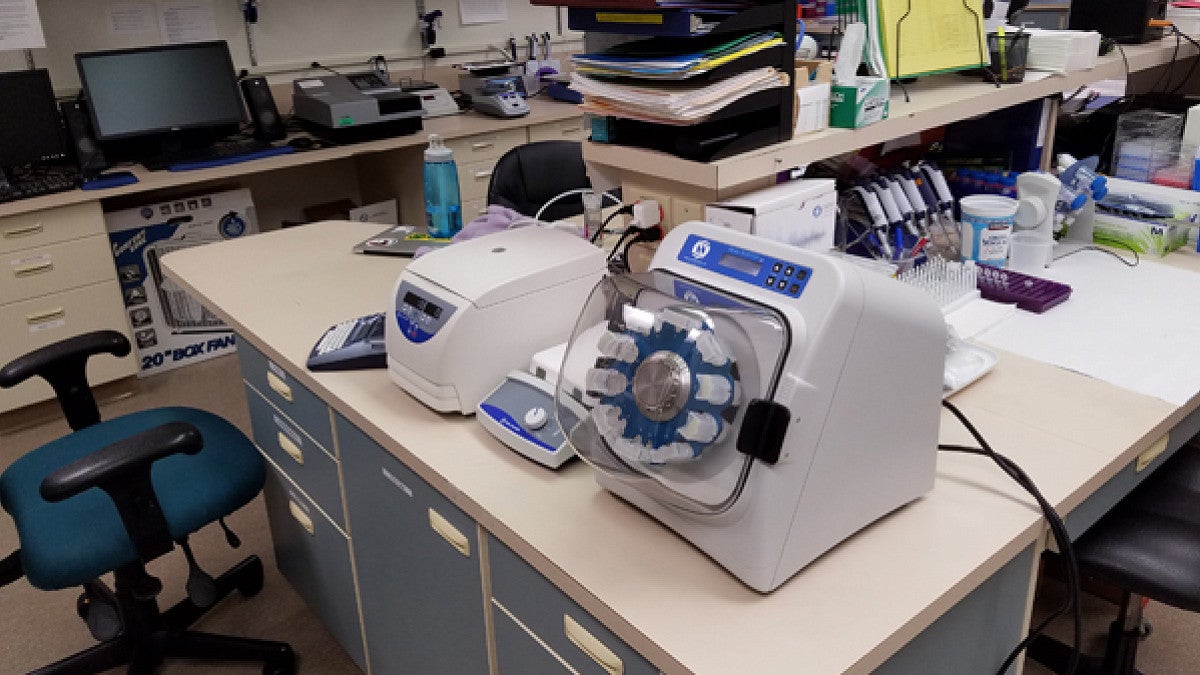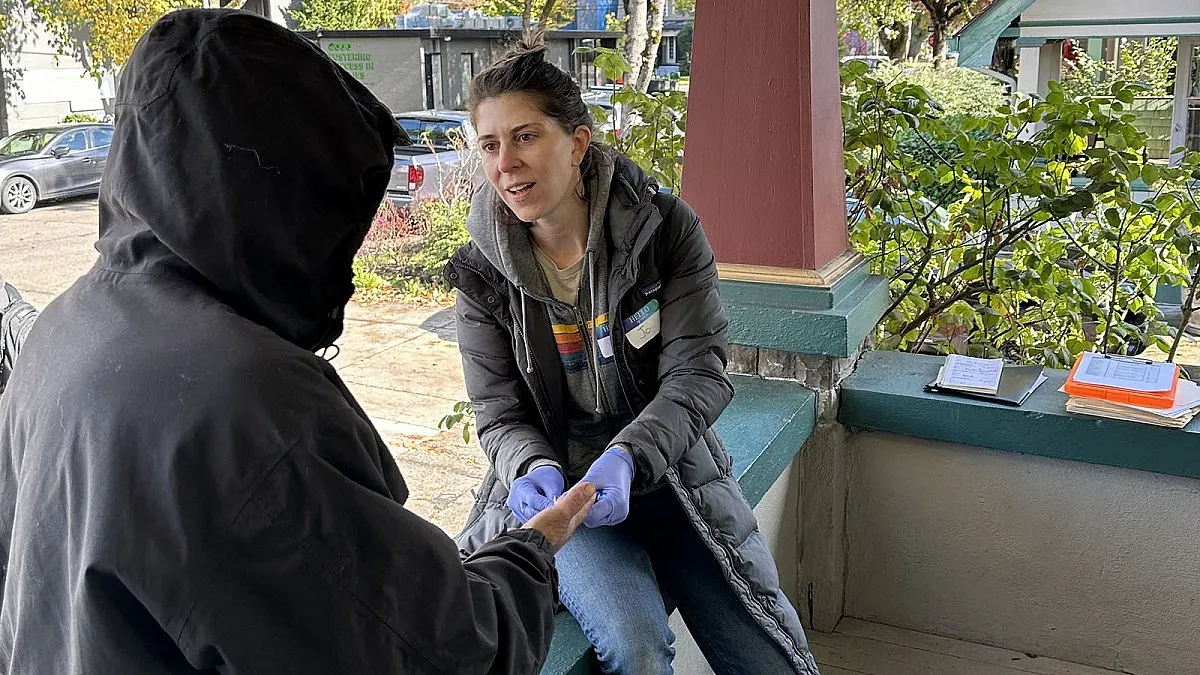Global Health affiliated faculty engage in research as diverse and varied as bioethical research, biocultural analyses of stress biomarkers, historical analyses of health interventions and disease prevention campaigns, sociological studies of racial/ethnic determinants of health, narrative analyses of health and mental health cross-culturally, and psychological research on healthy development across the life-course.
Research Labs
Human-centered development and a concern for human well-being provide the broad umbrella that unifies the efforts of our many research faculty, including several recently published books. Below are some of the labs and research groups that global health-related faculty lead.

Melissa Graboyes, an associate professor in history and global public health, has three research areas: the history of malaria elimination in Africa, ethics and practice of returning research results to people in Africa, and public health at the local level about people who inject drugs.

The Stress, Adaptation, and Resiliency Lab
Led by Zachary DuBois, the Stress, Adaptation, and Resiliency (STAR) team conducts biocultural research addressing how stress, resilience, and other social determinants of health “get under the skin” via experiential and physiological pathways.

The Developmental Sociobiology Lab
Research focuses on psychological, social, and neurobiological processes that shape very young children’s development – both prenatally and during the first years of life. The lab is co-led by Jeffrey Measelle.

Co-led by Kory Russel, this lab's mission is to work with landscape as the fundamental framework for creating spatial changes that support social and environmental justice through design, research and real-world projects.

The Global Health Biomarker Laboratory (formerly the Snodgrass Human Biology Research Laboratory) is co-directed by Dr. Josh Snodgrass and Dr. Zachary DuBois, and focuses on the development and application of minimally invasive techniques (e.g., dried blood spots [DBS], saliva, hair, and urine) for assessing health and physiology in population-based research.

Led by Lesley Jo Weaver, this lab's research areas include houselessness in Lane County; the relationships between type 2 diabetes, women’s gendered social roles, and mental health in North India; scientific racism; and the cultural value of local and imported food in Brazil.
Give to the Schnitzer School of Global Studies and Languages




